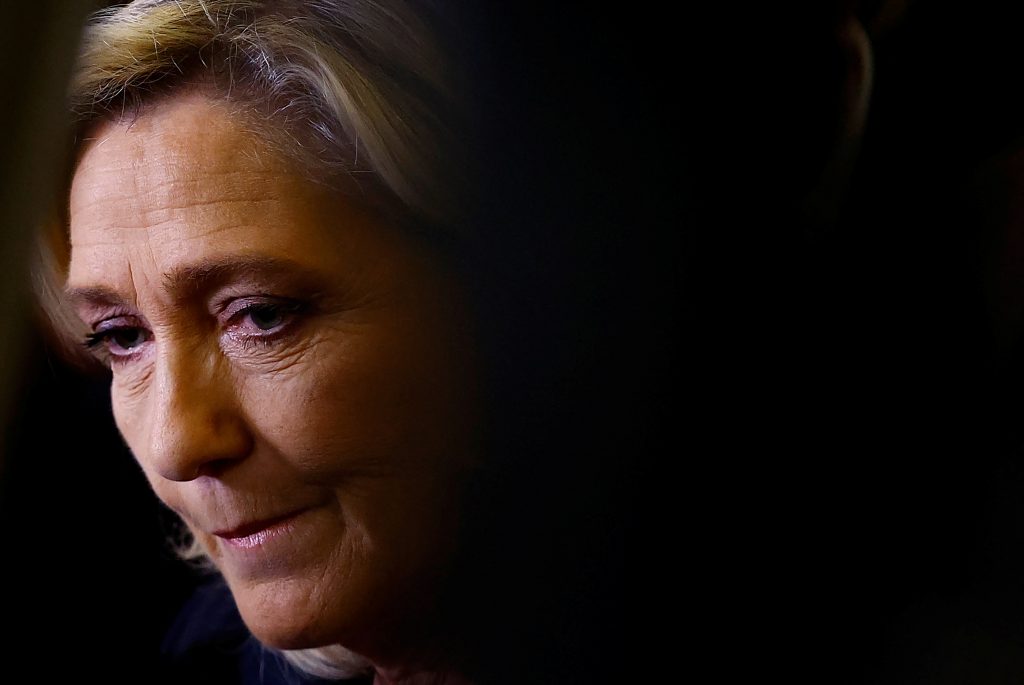A Eurostat survey on poverty in Europe, and thus also in Greece, has stirred up the Greek political scene in recent days. The survey asked people to describe whether they felt or had the impression that they were finding it either difficult or very difficult to get by financially: i.e. whether they identify as poor or not.
The results were disheartening, especially for Greece. In all, 67% of Greeks declared themselves to be poor—and without a second thought. Which is how our country fell to first place in the pan-European table of what economists call “subjective” poverty; in second place, though a long way behind, was Bulgaria, where “only” 33.2% of respondents declared themselves poor and unable to cope with the tsunami of monthly expenses. What’s more, in the case of citizens with a low level of education, this percentage rose to a staggering 81.8% in Greece! In this category, Bulgaria followed up once again with 60.5% and Slovakia with 58.4%.
The publication of the findings threw the government propaganda machine into disarray, as the results challenged its entire narrative of a booming and stabilized economy yielding universal benefits which everyone must protect, lest the nation’s order and security be disturbed.
The Maximos Mansion, the official seat of the Prime Minister and his staff, was shaken to its foundations. So much so, in fact, that the Chairman of the Council of Economic Advisers, Mr. Michalis Arghyrou, was called in to explain the difference between “subjective” and actual poverty to the nation. He duly explained that “subjective” and “actual” poverty nearly coincide in most European countries, or differ by a reasonable margin. In our case, though, he implied the Greeks are more or less pretending, that they’re exaggerating and that their outlook remains pessimistic due to the long economic crisis which preceded the current nirvana, and to their memories of that period.
To verify the accuracy of his observations, he was quick to explain that in another Eurostat survey, the proportion of the actual poor (i.e. those who, according to the European convention, have an income of less than 60% of the average disposable income across the EU) stands at a mere 19% and has, he says, been falling in recent years.
However, his explanations are unlikely to convince anyone who runs out of money at the halfway point, or around the 25th, of each month. And there are most certainly a good many households that fall into this category in Greece—and certainly far more than the 19% who are living in actual poverty, according to the government. Because a number of other surveys have confirmed both the accumulated burden of rising prices, soaring rents, and the cost of education and health —which, though they are supposedly provided for free, weigh heavily on most household budgets, as everybody knows.
And that’s before we even get to the burden of taxes, direct and indirect, which has remained high for many years and robs the majority of wage earners of opportunities—underpaid young people, in particular, who can feel their youth ebbing away amidst low income expectations and limited opportunities. That feeling isn’t subjective, it’s ‘actual’—and its sting is rendered no less painful by invoking arbitrary definitions of poverty and how it’s measured. There are many who feel we’re firmly back in the bad old days, when you weren’t going anywhere without an uncle in high places.
In short, after six years untroubled by an Opposition, the government’s failure to provide the equal opportunities, rapid recovery and jobs that pay a living wage it promised in 2019 is rapidly losing it any final shreds of credibility it has left; utterly unconvincing, it can neither motivate nor mobilize Greece’s citizens and society.
And it is not only the millions of long-suffering employees and pensioners who are supposed to somehow cope with the endless bills and grossly inflated personal and family expenses with wage increases of 2.5% or 5% at best. It’s the others now, too: the potential allies of entrepreneurship and free enterprise who are beginning to take a stand against it, for the simple reason that the vaunted grand plan of rapid recovery simply isn’t working, while the burdens grow ever less bearable.
The narrative of progressing in leaps and bounds, of growth and investment, which was popular a few years ago has, most people feel, become stuck in the muck of cronyism, in the cogs of a machine that caters only to friends and yes-men and hinders or discourages others who attempt to do business autonomously and with dignity.
This is an absolutely problematic condition that can only get worse as it drowns in its own multiple contradictions and is lost amidst the legal insecurities the government itself creates in its efforts to escape the sequential deadlocks of the crises it keeps creating.
There is already a lot of grumbling in the business community, which was well-disposed until recently toward the neo-democratic government. But Mitsotakis’ erstwhile supporters are now arraigned against him. Why? Because he’s breaking the rules, they say, distorting the terms of the economic game, downgrading multi-year investment plans, and undermining commitments to powerful international investors who are vital for the country’s development.
The tug-of-war that has emerged with internationalised Greek business groups is indicative of the problems stemming from an economic policy that leads precisely nowhere. The extraordinary taxes levied continually on energy companies to mitigate the occasional spike in electricity prices are a source of irritation, and the distrust is carrying over to institutional investors, who have invested significant capital in dynamic domestic enterprises.
According to reports, the government’s economic staff is at the receiving end of constant griping from powerful business groups, who believe that the constant interference in the workings of the markets is undermining both their positions and their international credibility. According to the same source, the managers of internationalized Greek groups are having to field more questions every day from institutional investors concerned about the risks their investments in Greek securities may face.
More and more questions are being asked about the ‘insecurity’ of the Greek justice system, about the constant interventions and changes to legislation which also raise issues of confidence in the Greek economy. And this disquiet hasn’t come out of nowhere. No, a host of factors have served to undermine confidence in the Law: everything from the Tempi accident to the wiretapping scandal and its absolutely corrosive impact on the perceived impartiality of the justice system. There are many who believe that it is only a matter of time before the Prime Minister himself has to field difficult questions of this sort at the international investor meetings he likes to attend and participate in.


